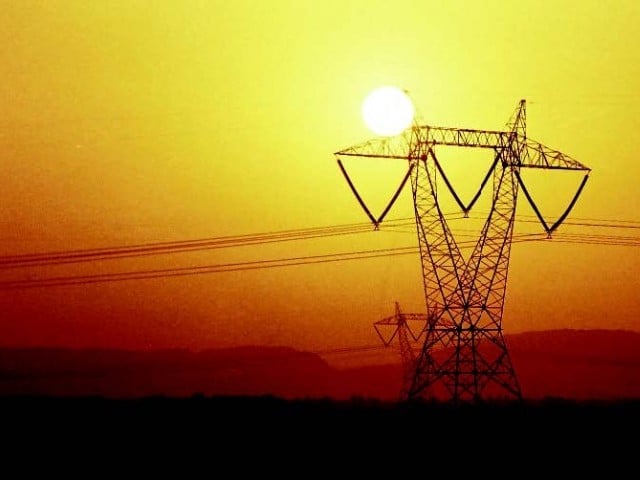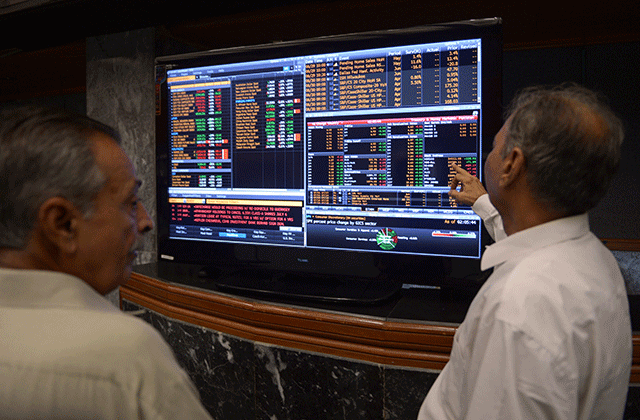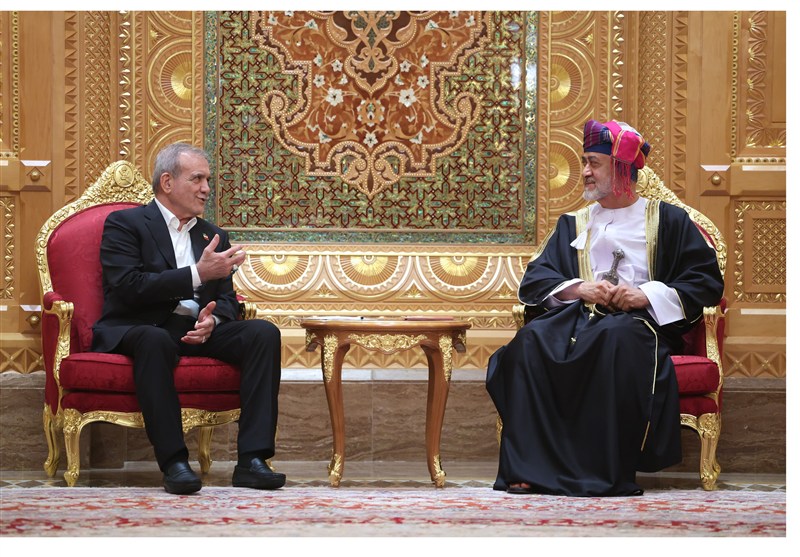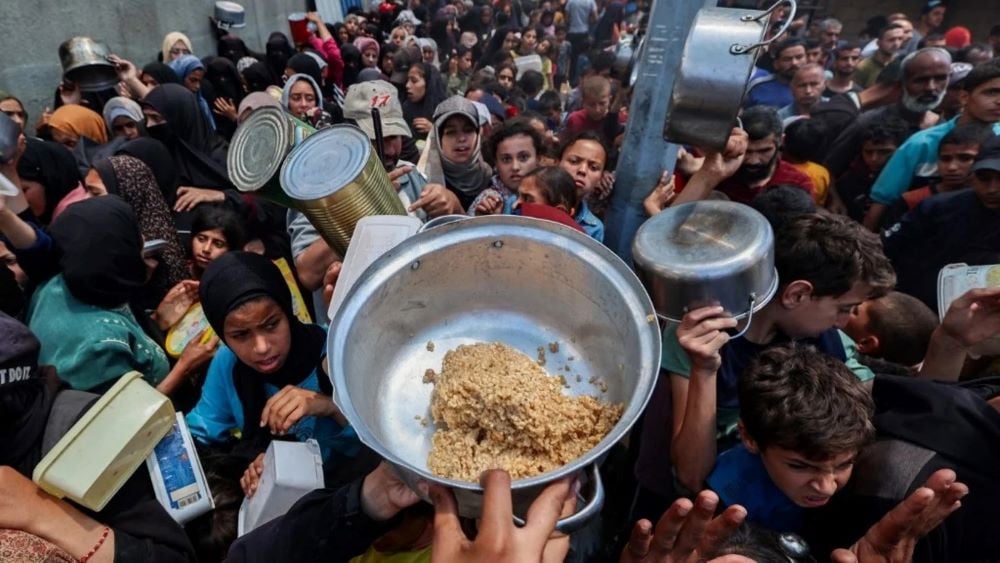
ISLAMABAD:
The Ministry of Energy has sought delay in tariff relief for K-Electric (KE) consumers under a fuel cost adjustment (FCA) petition, arguing that it will impact uniform tariffs across the country.
A public hearing was held on Monday and instead of deliberating on the negative FCA request filed by KE, the event became a tug of war between maintaining the uniform tariff and passing on the justified fuel cost relief to power consumers of Karachi. KE had filed a request for a reduction of Rs4.69 per unit in fuel charges for April 2025. If granted, this tariff adjustment will be the eighth successive monthly relief for consumers since September 2024.
The energy ministry cited concerns about the impact on uniform tariffs, stating that there was a need to maintain fiscal discipline and avoid exacerbating financial challenges due to the ongoing International Monetary Fund (IMF) programme. It mentioned that the federal government had already allocated Rs21 billion in subsidies for FCA, which could be affected if any relief was granted at the current stage.
National Electric Power Regulatory Authority (Nepra) Chairman Waseem Mukhtar responded firmly and expressed strong disapproval of the intervention during a public hearing. He was of the view that timing of the request was highly inappropriate.
He raised questions about the relationship between fuel cost adjustments and subsidies, dismissing the ministry’s concerns over uniform tariffs and asked where was such a mechanism. He emphasised that the FCA, by nature, should not be linked to subsidy decisions. He questioned what FCA treatment should be, if the authority agreed to defer the adjustment, considering the motions which could take up to six months before a decision was reached and whether the burden would be borne or passed on to consumers.
Mukhtar also pointed to concerns over questions being raised about transparency in the authority’s decision-making, adding that the upcoming billing cycle would be affected because of the confusion. KE CEO Moonis Alvi mentioned that the private power utility would comply with Nepra’s decision, following the regulatory process, and ensure justice for consumers. He emphasised that the monthly negative FCA would have provided significant relief to Karachi industries and consumers and halting it now may not be justified.
Drawing a comparison, Alvi pointed out that when KE’s fuel cost adjustments were higher in the past, the concept of uniformity at the national level was not considered.
FCA is a key part of the regulatory framework used to adjust electricity prices based on fluctuations in global fuel prices and changes in the electricity generation mix. While KE has already seen reductions in its monthly FCAs due to lower global fuel prices, this delay is seen as a direct interference in a process designed to benefit Karachi consumers.
There are also concerns about the impact this delay could have on economic activities in the city, with customers already facing challenges from the high cost of energy. Moreover, the argument that this adjustment may interfere with the uniform tariff system is seen by many as a thinly veiled attempt to maintain control over pricing at the expense of the public.
As of now, Karachi electricity consumers will have to wait at least another week to learn whether they will receive the much-needed financial reprieve. Nepra has confirmed that it will proceed with the hearing as soon as the ministry’s objections are addressed and their letter will be uploaded on Nepra’s website for stakeholders’ visibility. It, however, remains unclear whether the delay will be extended further.






